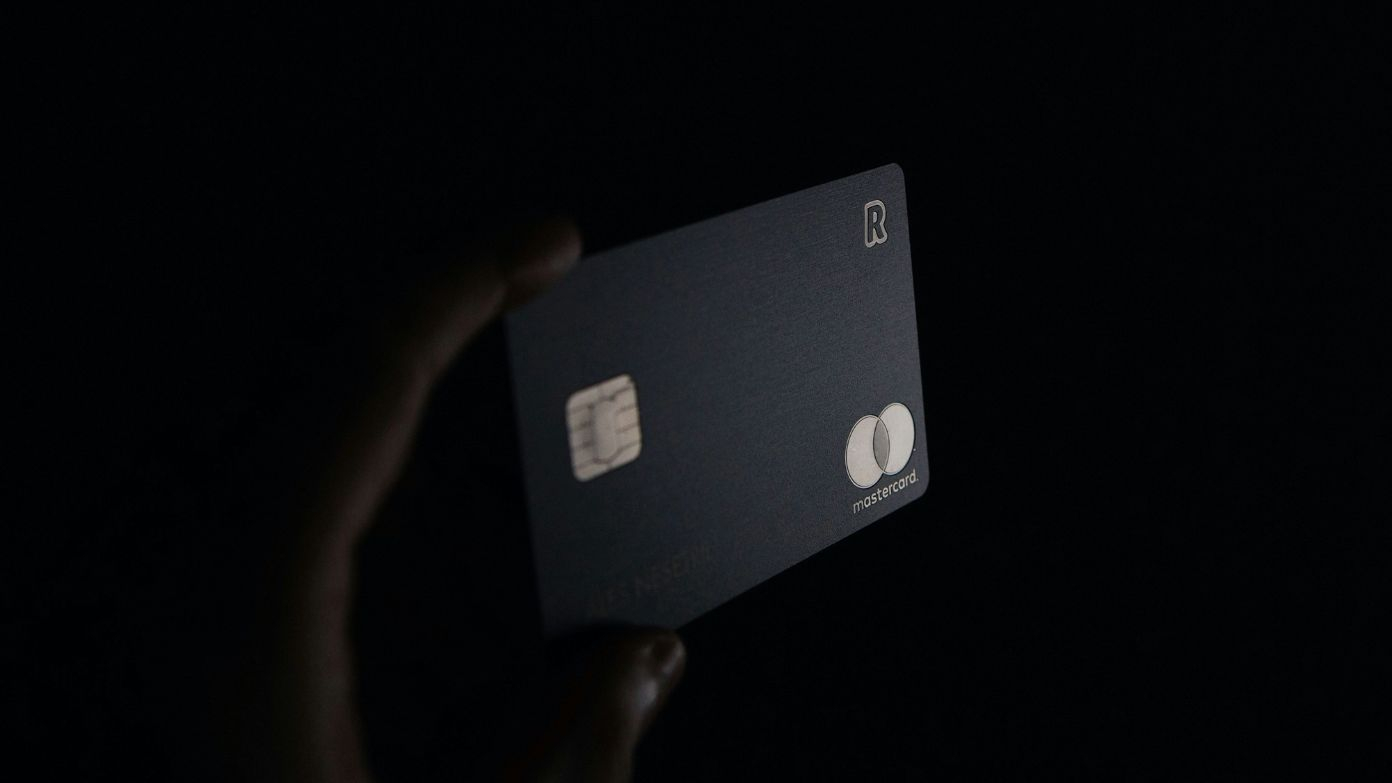In this digital era, safeguarding your financial information becomes even more imperative. One simple yet effective way to protect your accounts is by choosing a strong PIN for your credit and debit card. But most people would rather choose a simple pin, one that is easy to remember, making it easy for fraudsters to access their account. Here are the most basic PINs and reasons you should avoid them.
Most common PIN numbers to avoid
According to studies, a large number of people are using predictable patterns for their PINs. From data collected from password exposures and breaches, the 10 most common four-digit PINs are:
- 1234
- 1111
- 0000
- 1212
- 7777
- 1004
- 2000
- 4444
- 2222
- 6969
These combinations are often repetitive or consist of sequential numbers or dates of significance making them easy to guess and providing opportunities for others to gain unauthorized access into your account. In fact, “1234” will itself account for over 10.7% of all PINs under study, and the top three nearly add up to 20%.
Read more: Mastercard makes a radical change and will eliminate the numbers on its cards for this date
Why using common PINs is risky
Using a common PIN significantly increases the risk of unauthorized access to your accounts. Fraudsters are well aware of these popular combinations and often attempt them first when trying to gain access to accounts. With just a few guesses, they can potentially unlock a significant number of accounts, leading to financial loss and personal stress.
How to create a secure PIN
To enhance your financial security, it’s essential to choose a PIN that’s both strong and memorable. Here are some tips to help you create a secure PIN:
- Avoid obvious patterns: Steer clear of sequences like “1234,” repeated numbers like “1111,” or any part of your birthdate.
- Use a mix of digits: Combine numbers in a non-sequential order that doesn’t relate to personal information.
- Consider longer PINs: If your bank allows, opt for a six-digit PIN instead of the standard four digits. Longer PINs offer more combinations, making them harder to guess.
- Utilize the word method: Think of a word and use the corresponding numbers on a keypad. For example, the word “CASH” translates to “2274.”
- Regularly update your PIN: Changing your PIN periodically adds an extra layer of security.
Read more: What to do I have if my credit card debt is in collections?
Additional security measures
More than simply using a tough PIN, here are some practices that may help protect your financial information:
- Use two-factor authentication (2FA): This means that any attempt to gain access will require another level of verification, thus making it more difficult for the intruder.
- Look at your account often:This will help to keep an eye on bank statements and transaction alerts for any signs of suspicious activities.
- Keep your devices safe: Update security software on smartphones and computers, and protect them with strong passwords.
- Be careful with public Wi-Fi: Never consider accessing sensitive financial information from unsecured public networks.
All of these steps, combined with a little mindful effort while choosing your PIN, can minimize the risk of unauthorized access to your financial accounts. Remember, the effort you put into protecting your information today could help you avoid a possible headache and financial loss tomorrow.
Continue reading:
U.S. credit card debt hits new record high – Here’s how much more Americans will owe in 2025
